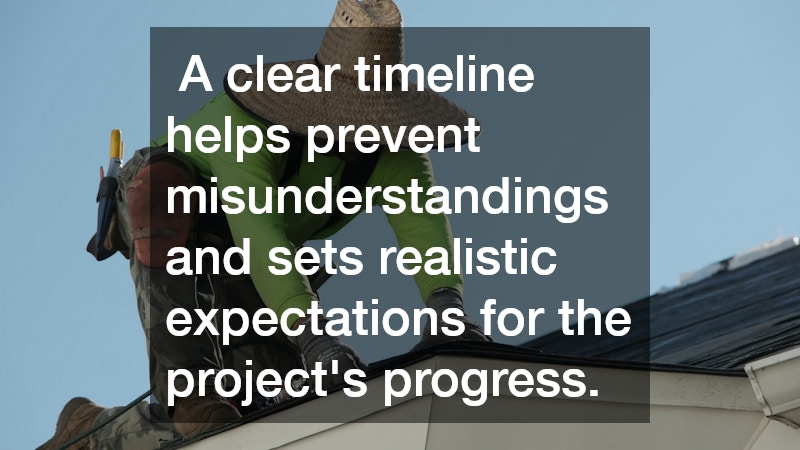In this article, we will explore the crucial steps and considerations for ensuring safety when hiring a roofing company. From verifying credentials to assessing safety practices, this guide will help you make informed decisions that protect your property and investment.
What Credentials Should You Check?
Verify Licensing and Insurance
Ensuring the roofing company is properly licensed and carries adequate insurance is paramount to protect against liability and guarantee a legal operation. Adequate insurance coverage can prevent financial losses resulting from accidents or damage during the roofing process.
Licensing typically ensures that the contractor has met minimum standards of competency and professionalism. Without this verification, you risk hiring an unqualified contractor whose work may not comply with local building codes. Ask the company for copies of their insurance certificates and validate these with the issuing authority. This step not only confirms the authenticity of the documents but also ensures the coverage is up to date.
Review Certifications and Associations
Examine any additional certifications or professional affiliations that indicate a company’s commitment to industry standards and ongoing education. Membership in reputable associations often signifies a dedication to current industry practices and improvements. Professional certifications showcase that the roofing company maintains a high level of skill and knowledge. These credentials can differentiate between companies that are merely sufficient and those that strive for excellence. Associations often provide their members with access to continuing education and industry news. This engagement helps the company stay competitive and informed on advancements in roofing techniques and safety practices.
How to Evaluate Safety Practices?
Assess Safety Training Programs
Investigate whether the roofing company provides regular safety training to its employees to minimize accidents and ensure a safe working environment. A comprehensive safety training program is indicative of a company’s commitment to its employees’ welfare and job quality. Safety training should encompass a wide range of essential topics, including the use of machinery, personal protective equipment, and emergency protocols. This training is not only a legal requirement but also a key preventive measure against workplace incidents.
Examine Safety Equipment and Tools
Check if the company utilizes up-to-date, industry-standard safety gear and equipment crucial for worker safety and job quality. Modern safety tools can significantly reduce the risk of incidents and improve the efficiency of roofing tasks. Using cutting-edge equipment reflects the company’s commitment to both employee safety and client satisfaction. Outdated or poorly maintained equipment can pose significant hazards to workers and damage the overall project quality.
What Questions Should You Ask a Roofer?
Inquire About Previous Projects
Request details about similar projects they have completed, including references you can contact to verify the quality and reliability of their work. A portfolio of past work offers crucial insights into the company’s capability and style. Reaching out to past clients allows you to gather firsthand feedback on their experiences with the roofing company. This step ensures transparency and builds trust between you and the contractor.
Clarify Work Timeline and Processes
Ensure you understand the project timeline, expected completion date, and the processes they will employ to maintain quality and safety standards. A clear timeline helps prevent misunderstandings and sets realistic expectations for the project’s progress. Knowing the methodologies and processes used by the roofing company reassures you of their commitment to meticulous work and safety. Detailed discussions about workflow can uncover potential inefficiencies or risks that require attention.
How to Confirm Company Reputation?
Research Online Reviews and Ratings
Look for reviews and ratings online that offer insights into the reputation and reliability of the roofing company you are considering. Online platforms can provide a wide range of experiences from different clients, which helps paint a broader picture of the company’s reputation. Positive testimonials and high ratings are indicators of a company’s consistent performance and client satisfaction. However, pay attention to negative reviews to discern if there are recurring issues or red flags you should consider.
Seek Recommendations from Trusted Sources
Solicit recommendations from friends, family, or local businesses that have had direct experience with the roofing companies you are evaluating. Personal recommendations can be valuable as they often come from trustworthy sources familiar with your needs and standards. Engage with local community forums or groups for additional insights about reputable roofing companies in your area. Such engagements can provide detailed, localized information that might not be available online.
Selecting a roofing company should be a well-researched decision focused on safety, quality, and reliability. By following the guidelines and considering the advice outlined in this article, you can navigate the hiring process with confidence, ensuring a successful and safe roofing project.




